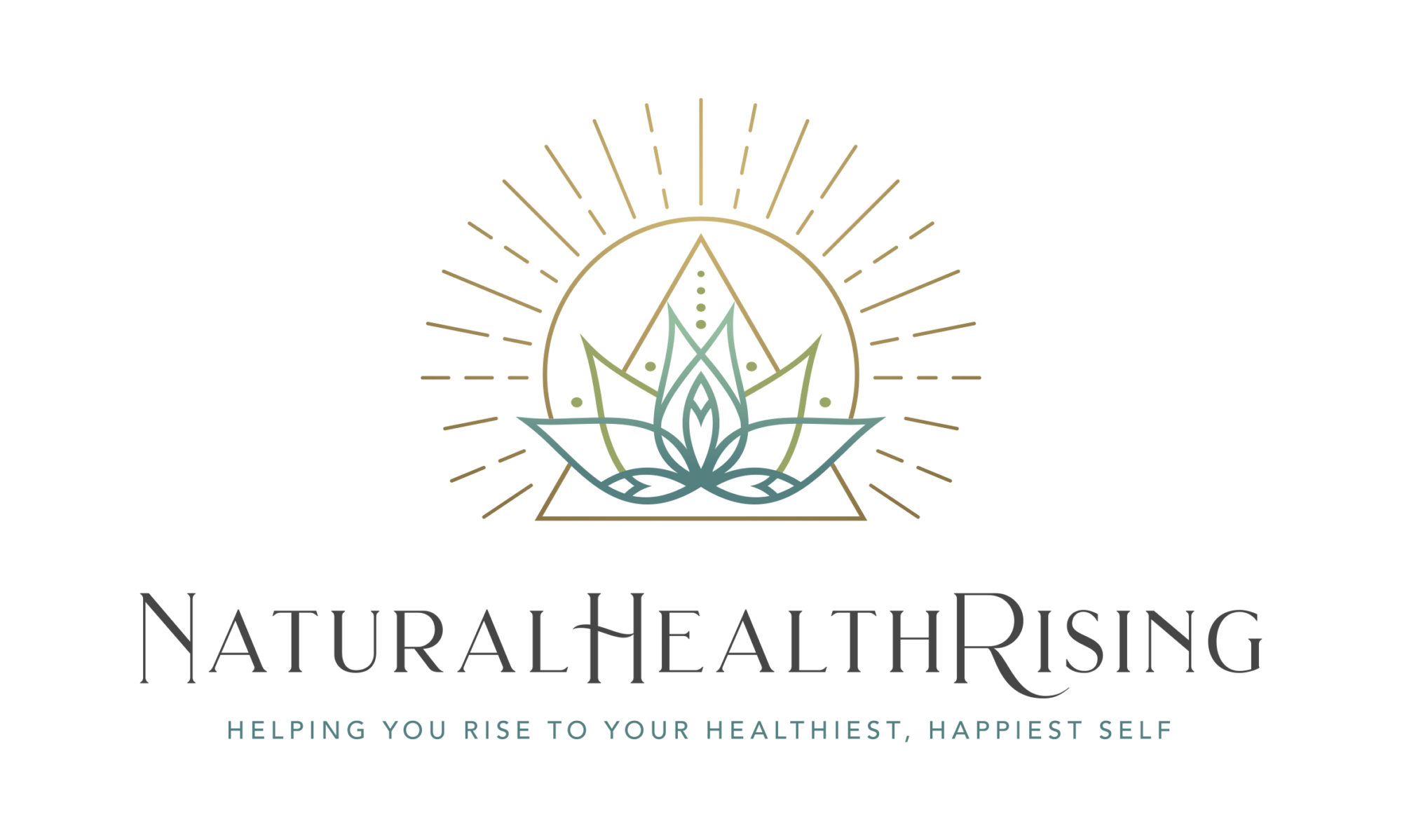
Do you have a hard time getting out of bed in the morning? Does it feel like you haven’t slept at all when you wake up? Do you feel like you NEED caffeine right away to get going and make it through the day? Is your only wish to take a midday nap? Do you feel foggy and have issues concentrating? Is getting quality sleep too difficult for you?
I get it. I’ve been there. Having an autoimmune disease can be straight exhausting! But if you’re feeling like this, you are probably missing a key factor to promote good energy, mental clarity, and overall wellness.
The Key Factor to Health and Overall Wellness
What is this key factor? It’s something that is important for EVERYONE… but it’s even MORE important for those struggling with an autoimmune disease or other chronic illness. What is it that you NEED more of in your life?
QUALITY SLEEP.
Notice I said quality. Most people think they sleep just fine or don’t give their sleep much thought. Most people think it’s “normal” to need coffee every day and feel like you’re on the struggle bus without it. Well, it’s not normal and it’s most likely because you aren’t getting quality sleep. Poor sleep will further promote an impaired immune system and increased inflammation. You need to spend enough time in each stage of your sleep cycle in order for tissues to repair and for waste proteins to be flushed out of the vessels in your brain within something called the Glymphatic system.
10 Tips to Get Quality Sleep
- Spend 20-30 minutes outside in the sunlight every day and avoid blue light exposure from electronics a couple of hours before bed. This will help regulate your hormones and circadian rhythm.
- Keep your bedroom cool (about 70 degrees F or below).
- Keep your bedroom DARK! No lights at all. No nightlights, lights coming off an alarm clock, or light that peaks through the blinds in the morning. You can wear an eye mask, or simply remove all lights from the bedroom and put up black-out curtains.
- No TV in the bedroom. The bedroom should be for sleep (and sex) only. Your mind is an association machine. So make sure it knows that when it’s time to get into bed, that means sleep time.
- Don’t eat a heavy meal right before bed. If possible don’t eat a few hours before bed. Some of my clients have issues regulating their blood sugar and need a small snack before bed, otherwise, they wake up in the middle of the night. This is okay if you are at this stage of healing, but eventually, you will want to fix your blood sugar issues and be able to eat dinner way before bed to allow your body to focus on only sleep and not digestion.
- Avoid alcohol. Alcohol might knock you out to fall asleep, but it’s scientifically proven to disrupt your sleep cycles. I know this is a hard one for some people to stop (although if you have an autoimmune disease you really should give up alcohol during your healing period). However, if you do drink, stop drinking a few hours before bedtime to let your liver detoxify as much alcohol out the body as possible before bed.
- Don’t drink caffeine. This is another hard rule for people to follow. If you feel like you really want that cup of coffee and love the morning ritual, limit it to one cup and make sure you drink it BEFORE 12 pm. Caffeine has a half-life of about 5 hours. So if you consume 1 cup of coffee at 2 pm that has 200 mg of caffeine in it, then by 7 pm at night your body still has 100 mg of caffeine circulating around. By the time you go to sleep, that caffeine is STILL affecting you.
- Test out some different sleep supplements if you feel you need extra support. Examples of sleep-supporting supplements include magnesium citrate, melatonin, herbal supplements (mixtures of passionflower, lavender, kava, etc.), and reishi mushroom powder. Everyone is different and one supplement may or may not work for you, which is why you need to test things for yourself. However, always consult a doctor, make sure you’re taking high-quality supplements, do your research and take the proper doses.
- Get to sleep no later than 10 pm. The quality of sleep before midnight is worth TWICE as much as the sleep you get after midnight.
- Look into some relaxation techniques to add to your nightly routine to help you fall asleep easier, such as mindfulness practice or taking a hot bath/shower.
Start Your Sleep Journey
Pay attention to your sleep routine tonight. Are you missing any of these tips? Make a list of what you could change and start by implementing one new strategy each week to get yourself on a better sleep schedule.
Once you master getting quality sleep and you’re sleeping for about 7-8 hours, you should eventually be able to break that vicious fatigue cycle, gain more mental clarity and be able to make it through your workday without a nap.
Most importantly, you will promote the healing of your autoimmune disease while you’re working on other factors like nutrition and other lifestyle modifications.
If you do ALL of these tips already and you STILL can’t sleep. I guarantee there is another underlying cause, such as an overburdened liver, blood sugar dysregulation, or hidden pathogens and infections. If you can’t figure this out, book a free call with me here and we will talk about what could be going wrong.

Recent Comments